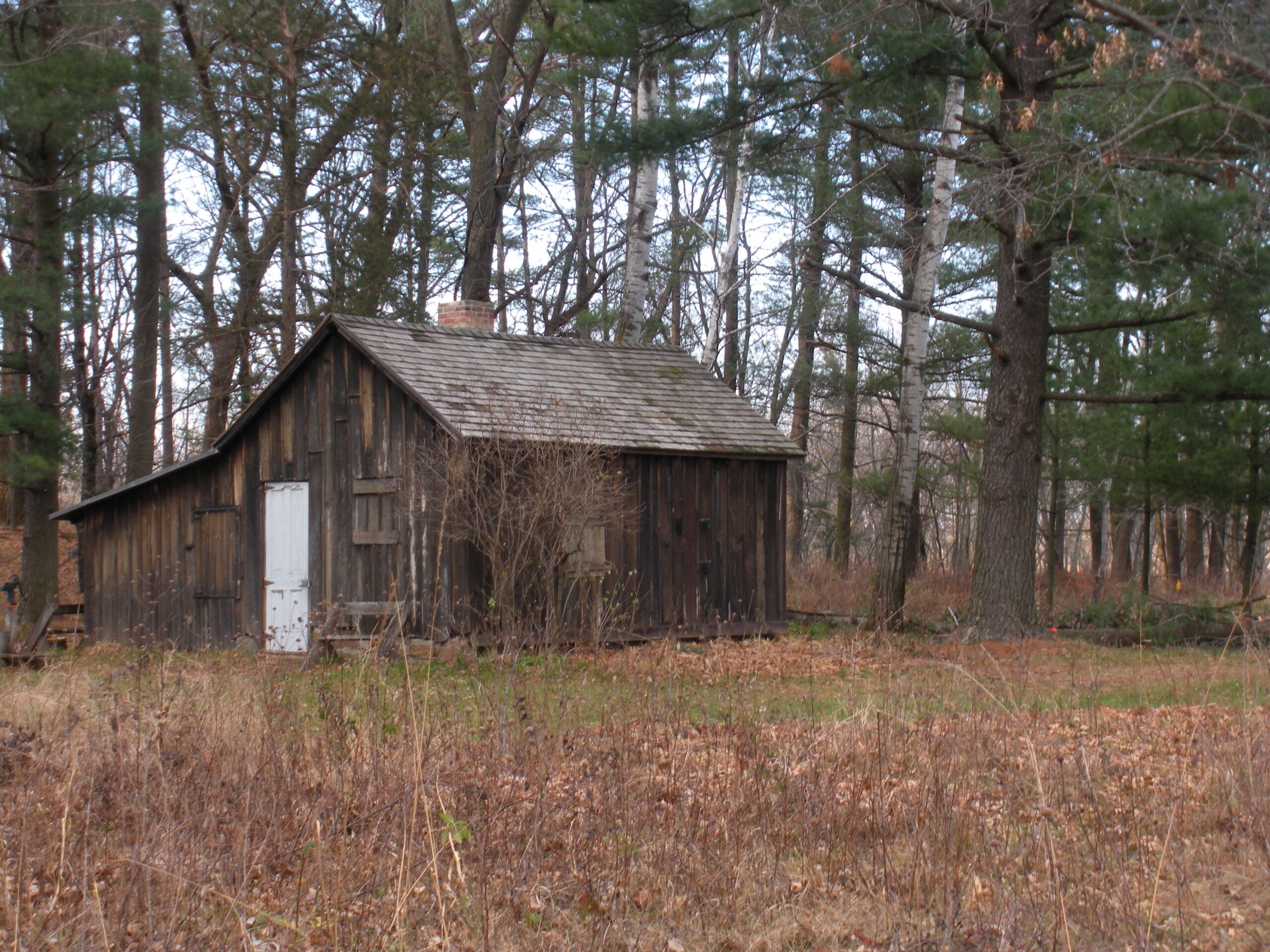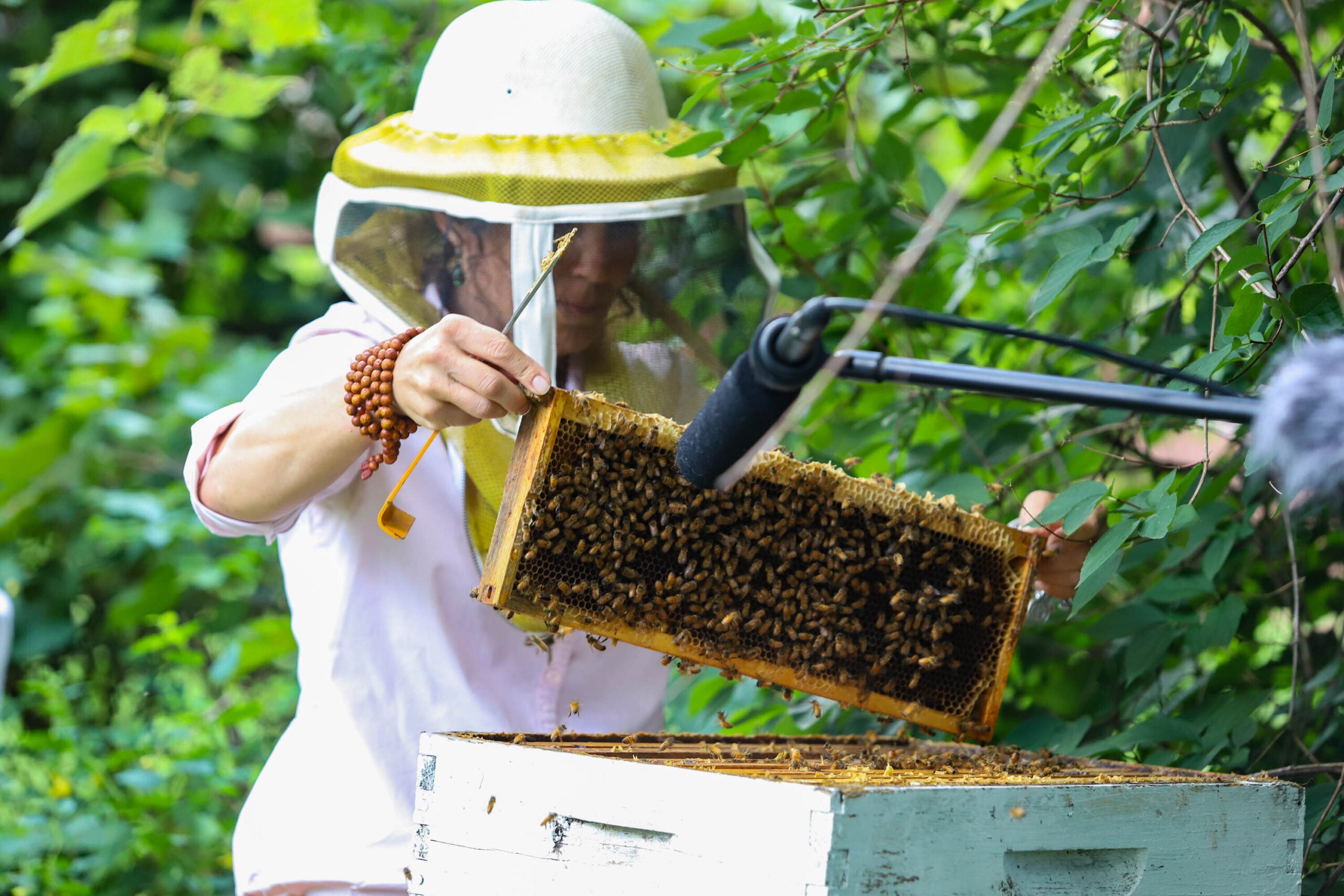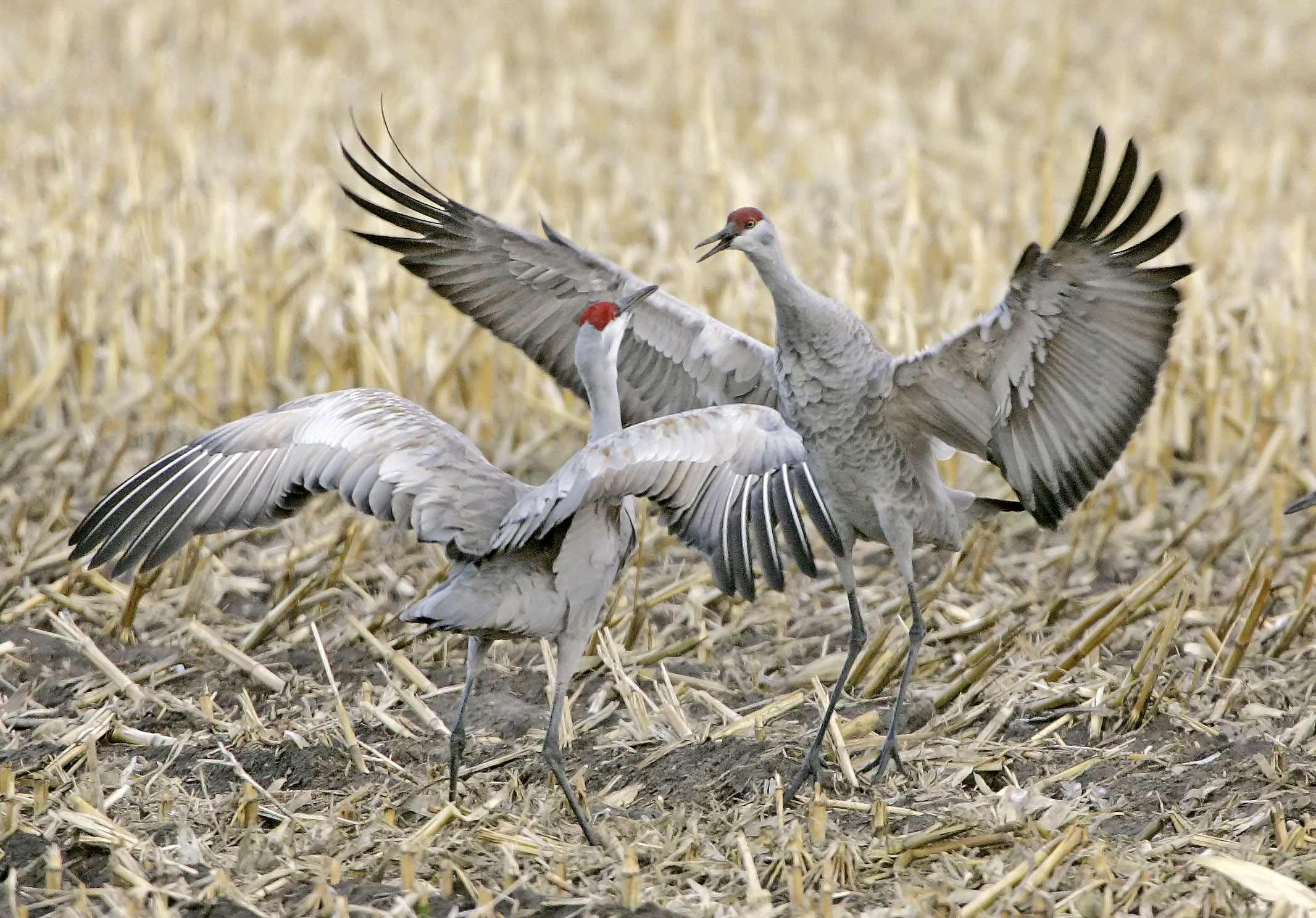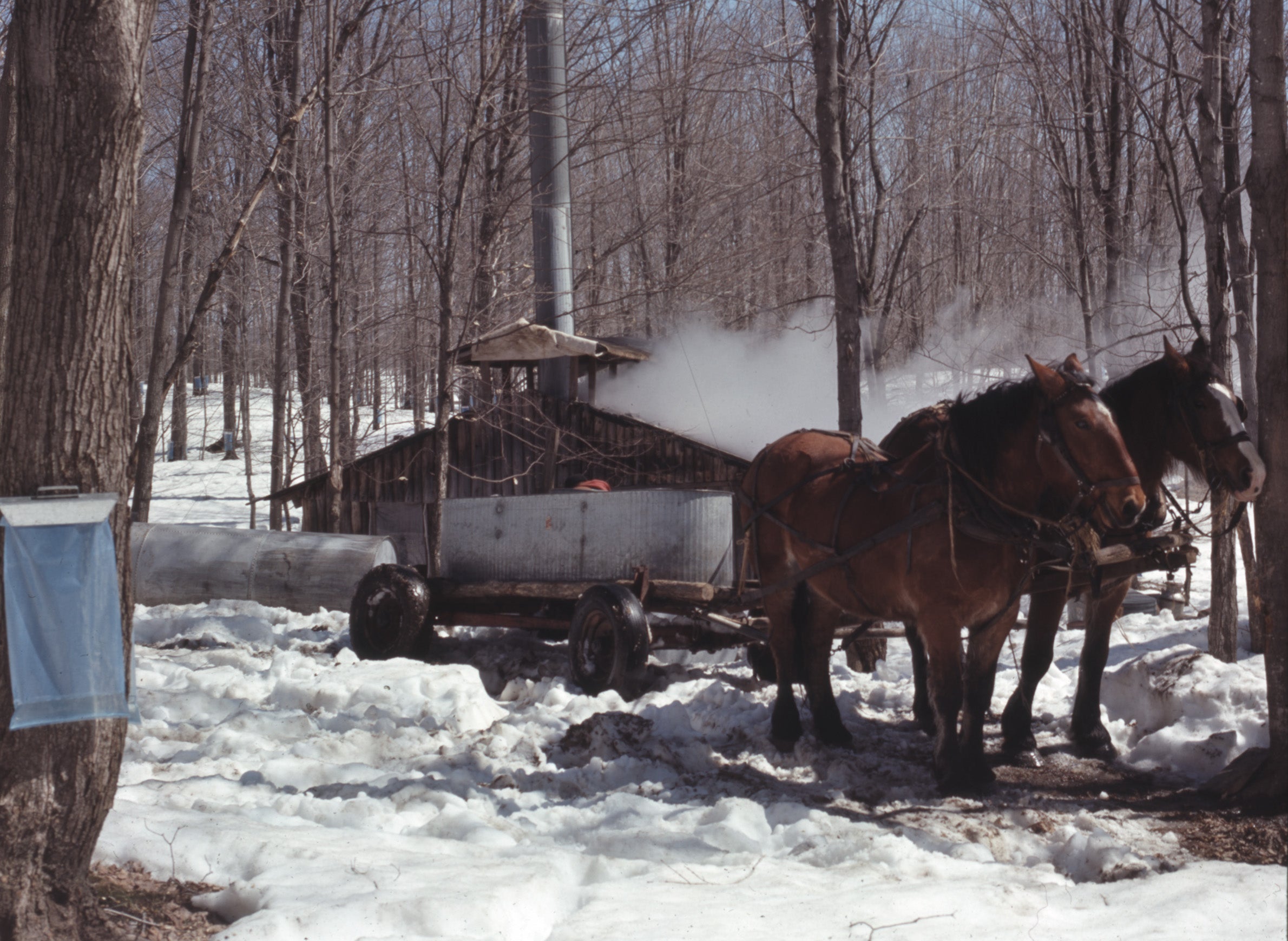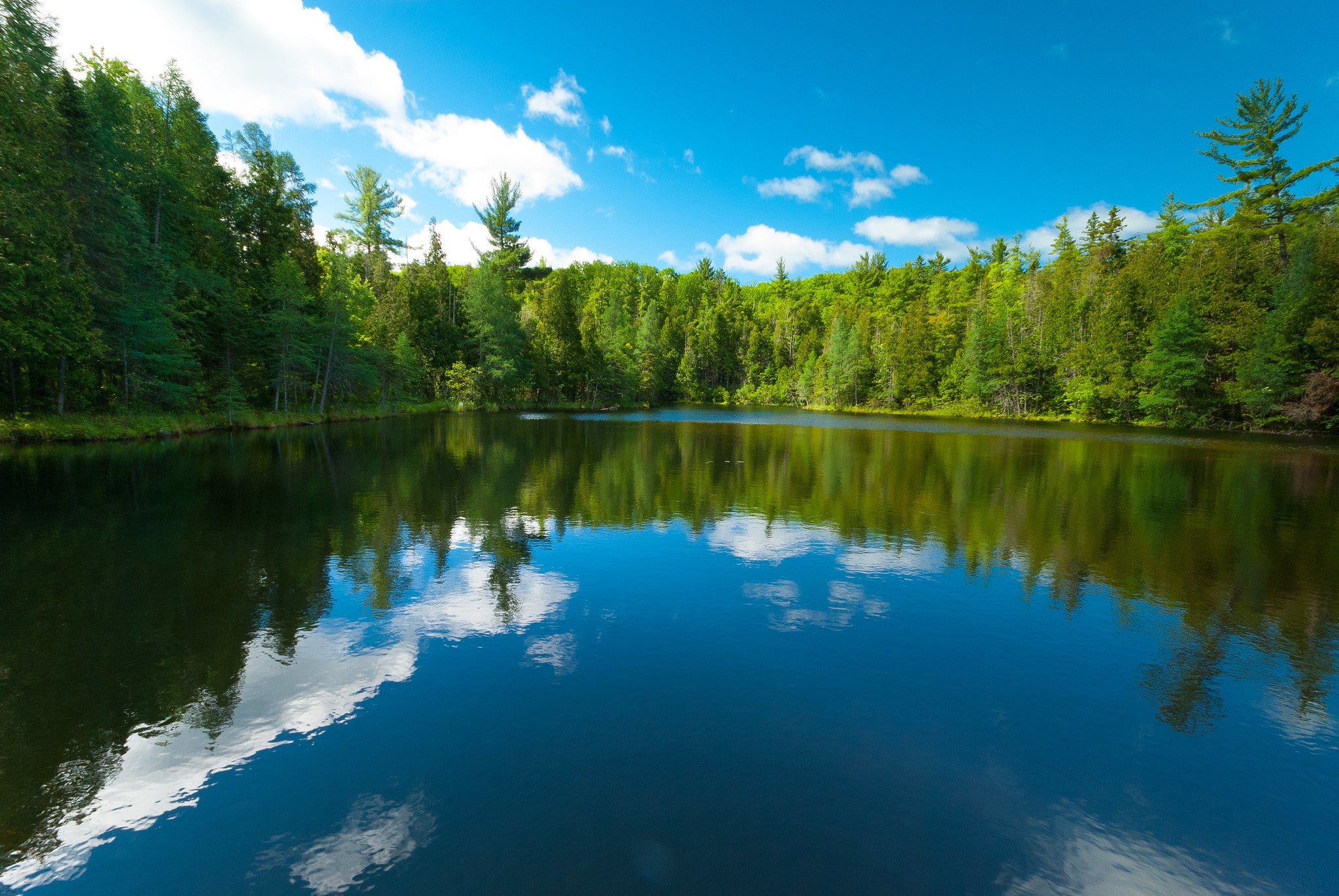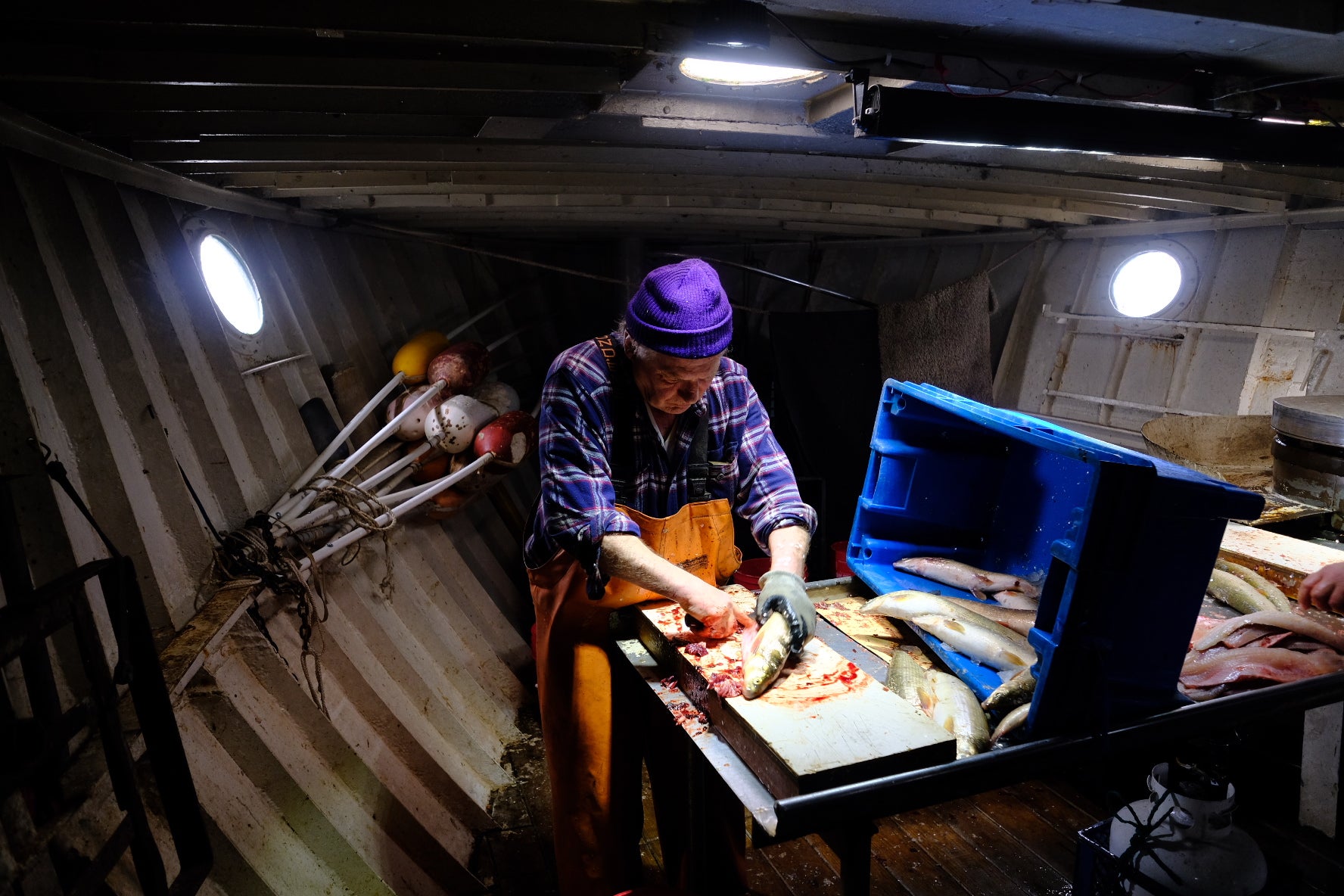The Leopold “Shack” along the Wisconsin River near Baraboo is often seen as a symbol of the works and beliefs of conservationist Aldo Leopold. Now, the Aldo Leopold Foundation is adding a memorial to mark the location of Leopold’s death in 1948. The new site is also connected to another Leopold legacy: his family.
It was April 21, 1948 and as Estella Leopold, Aldo’s last surviving child, remembers it, her father became aware of a brush fire at a farm near the family’s weekend dwelling known as the shack.
“And Dad was very concerned that this fire might extend up the great marsh, toward the shack and that it might endanger our pine stands, our pine plantations, which we’d been working at for a number of decades,” she said.
News with a little more humanity
WPR’s “Wisconsin Today” newsletter keeps you connected to the state you love without feeling overwhelmed. No paywall. No agenda. No corporate filter.

The Leopold family in front of the shack. U.S. Forest Service (CC-BY)
Estella said the 61-year-old Aldo Leopold stationed her and her mother — also named Estella — at different locations a ways from the fire while he went off to fight the blaze.
“We were waiting to see what happened, and a few hours later, nobody could find Dad,” she said. “And it turned out that he had a heart attack and had probably carried too much weight in this darned equipment he was using. And we’re darn sorry to lose that guy, I tell you.”

Estella Leopold in May 2015. Chuck Quirmbach/WPR
Estella said it appears her father perished at the base of a hill on land that now serves as the headquarters of the Aldo Leopold Foundation. It’s at that site the Leopold Memorial is being built.
Recently, Leopold Foundation President and Executive Director Buddy Huffaker joined a group of volunteers and Leopold family members planting flowers at the memorial site that will also include sculptures of bison.
He read a Leopold quote to the group from a plaque that will be part of the site: “It is warm behind the driftwood now, for the wind has gone with the geese. So would I, if I were the wind.”
Huffaker said it was a favorite quote of another Leopold daughter, Nina Leopold Bradley, who died four years ago. He said the memorial was mainly Nina’s idea and the quote is very appropriate.
“She understood him and his legacy and vision for a land ethic to be simple, connected to nature and transient, I think, in some ways, that we’re all here, and then we’re gone,” said Huffaker.
Also present at the memorial that day was Aldo Leopold’s great-grandson, Jed Meunier. He said the memorial not only tries to remember the past, but to maintain what Aldo called a “thinking community,” supportive of nature.

The new memorial marker for Aldo Leopold. Chuck Quirmbach/WPR
“It’s sort of a long-term evolutionary perspective that’s part of our core being. whether we acknowledge it or appreciate it, or not,” Meunier said.
Like many Leopold descendants have done, Meunier works in the sciences. Same for Estella Leopold, an emeritus professor of biology at the University of Washington.
She said as her father’s memorial nears a formal dedication, it’s now time to help instill love for nature in the next generation.
“You can’t fall in love with something you don’t know, and if you know nature, it’s very likely, in such an intriguing environment, that you’ll get to love it, you’ll get to like it,” she said. “And if we don’t have young people becoming familiar with nature, who’s going to defend it? Who’s going to defend it out there in the legislatures, in the boonies.”
Estella Leopold is working with more of those future defenders this weekend at the Leopold Center during a conference titled “Building a Land Ethic.”
Wisconsin Public Radio, © Copyright 2025, Board of Regents of the University of Wisconsin System and Wisconsin Educational Communications Board.

